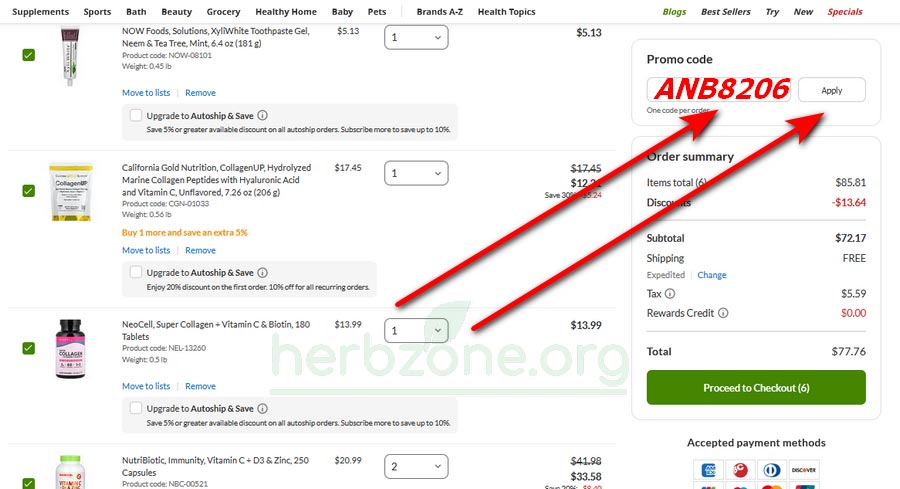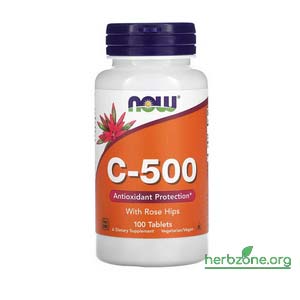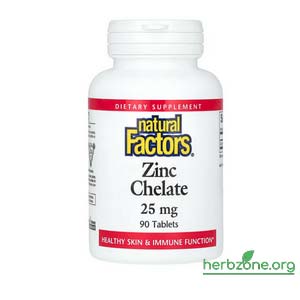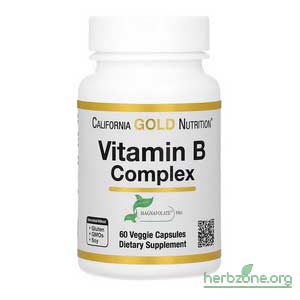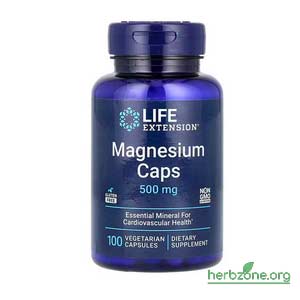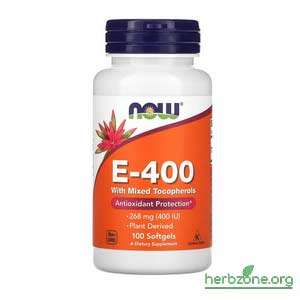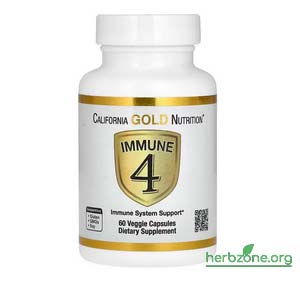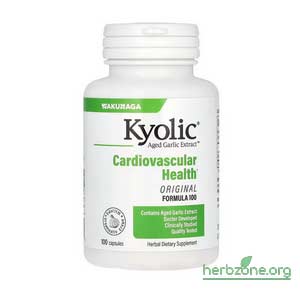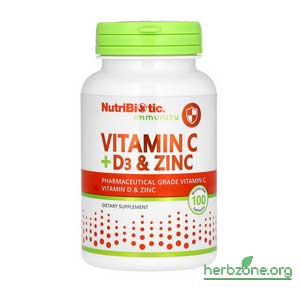Lucky is the person who, at least once a year, does not experience the severe consequences of respiratory illnesses. The chilly autumn passed without any illness, we joyfully welcomed the New Year, went skiing, and enjoyed the winter days… And suddenly, “bam!” – now you’re in bed with a runny nose, cough, and noticeable weakness, unable to lift your head. Does this situation sound familiar? There’s a high chance this is flu – one of the most common illnesses that periodically visits humanity.
Therefore, to avoid ending up in this condition, it’s important to know which vitamins for flu help support the immune system during illness and promote a fast recovery afterward. In this article, together with Herbzone, we will explore which vitamins to take during the flu, in what doses, and how often to quickly get back to active life.
In This Article:
- Vitamins for Flu: What to Take During Illness
- Vitamins and Minerals for Recovery After Flu
- How to Take Vitamins and Minerals Correctly
Vitamins for Flu: What to Take During Illness
There are three magical nutrients that help you recover faster from a viral infection and avoid complications. They were even included in the treatment protocols for COVID-19, approved by the WHO, CDC, and national health authorities. These nutrients have been studied as adjunctive treatments to support the immune system and reduce inflammation. We’re talking about well-known vitamins and one mineral: vitamin C, vitamin D, and zinc.
| Name | How it works | Dosage |
| Vitamin C | Vitamin C is a powerful antioxidant that helps the body cope with illness and eases the recovery process. Additionally, vitamin C promotes the production of interferons – proteins that help fight viruses. | During illness, adults can take 500-1000 mg of vitamin C daily. It is important to split the dose throughout the day to maximize its effectiveness. |
| Vitamin D | Vitamin D plays a critical role in the immune system. It helps activate immune cells that fight infection and reduces inflammation in the body. A vitamin D deficiency can lower the body’s ability to fight viruses, so during flu, it is important to maintain optimal levels of this vitamin. | Adults can take 1000-2000 IU of vitamin D daily during illness. Depending on the individual’s vitamin D levels, a doctor may recommend a higher dose. These are the official recommendations from traditional medicine, while nutritionists often suggest taking higher doses of vitamin D during illness. |
| Zinc | Zinc is an important mineral for supporting the immune system. It stimulates the activity of white blood cells (immune cells) that actively fight viruses. Zinc also helps shorten the duration of flu symptoms, particularly cough and nasal congestion, when taken at the early stages of the illness. | To combat infection, zinc is typically taken in doses of 15-30 mg per day. It is important not to exceed the daily dose, as excessive zinc can lead to side effects such as nausea or digestive issues. |

Vitamins and Minerals for Recovery After Flu
Once the main symptoms of flu start to subside, the body needs support for recovery. Below is a list of vitamins and minerals that help strengthen the immune system and restore strength.
| Name | How it works | Dosage |
| Vitamin B-Complex | B vitamins are important for normalizing metabolism, restoring energy levels, and supporting the nervous system, which may be depleted during illness. Vitamins B6 and B12 help restore energy levels and improve overall condition after illness. | Vitamin B-complex can be taken in the standard doses indicated on the package. Typically, this is one tablet per day, covering the daily requirement. |
| Magnesium | During illness, the body can lose many minerals due to sweating or loss of appetite. Magnesium helps restore balance, improves sleep quality, and helps restore muscle strength. This is especially important after an illness when the body requires extra support for recovery. | Adults are recommended to take 200-400 mg of magnesium daily, depending on individual needs and health status. |
| Vitamin E | Vitamin E helps restore damaged cells and supports skin and tissue health after inflammation caused by viruses. It is also a potent antioxidant that protects the body from oxidative stress caused by illness. | The dosage of vitamin E varies from 100 to 400 IU per day, depending on individual needs and health markers. |
Also read: Which vitamin to take for immunity?
How to Take Vitamins and Minerals Correctly
To get the maximum benefit from nutrients, it’s important to consider the timing of intake, combinations with other substances, and individual needs. Below, we’ll review the optimal ways to take essential vitamins and minerals for supporting health during flu.
- Consistency: As everyone knows, but it’s worth repeating – it’s better to take vitamins and minerals regularly, spreading the dose over several intakes throughout the day to allow the body to absorb them effectively.
- Food: Most vitamins and minerals are better absorbed when taken during or immediately after meals, as some may be fat-soluble (e.g., vitamins D and E).
- Consultation with a Doctor: If there are doubts about dosage or supplement combinations, it is recommended to consult with a doctor to choose the optimal course and dose for your health. It’s even better to have a blood test to understand the real deficiencies in your body.
Proper nutrition and the addition of necessary vitamins and minerals during and after flu are essential elements for quick recovery and restoration. Vitamin C, D, and zinc are indispensable during the fight against infection, while B vitamins, magnesium, and vitamin E help restore strength after illness. Taking these supplements in the correct dosage will help the body return to its normal state more quickly and strengthen immunity to fight future illnesses.
Use promo code ANB8206 and save 5% to 30% on all orders!
You can use it every time!
